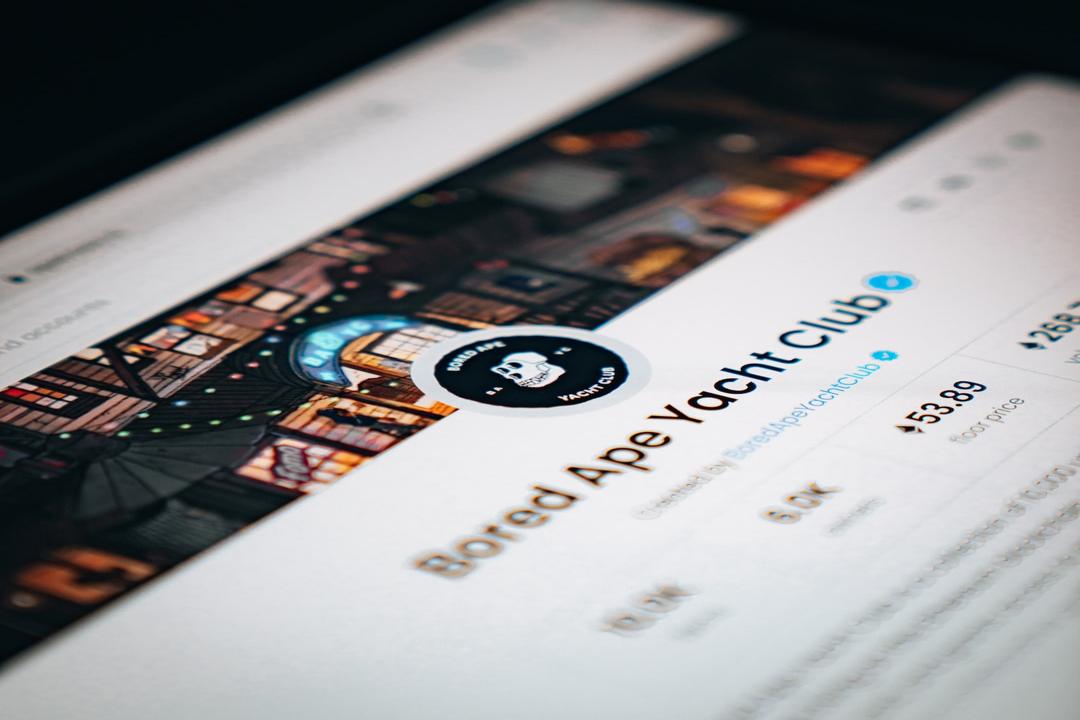Music has always been regarded as a universal language that can connect individuals from diverse backgrounds and cultures. It has also served as a platform for introducing new ideas and technologies. The music industry has consistently embraced new technologies that enhance creativity, streamline production processes, and increase accessibility. Nowadays, artists can create entire albums from the comfort of their own bedrooms using technologies that didn’t even exist a decade or two ago.
Similarly, we can observe the integration of new Web3 tools like blockchain technology, cryptocurrencies, and artificial intelligence (AI) into various music-related endeavors. In recent years, artists have utilized nonfungible tokens (NFTs) to release singles or provide exclusive experiences for their fans. AI has been used to reinvent artists and sounds, while blockchain has revolutionized music streaming.
Since 2018, Audius, a decentralized music streaming and monetization platform, has been at the forefront of merging Web3 and the music space. The platform has gained recognition by attracting mainstream artists like deadmau5 and Skrillex, as well as their fans, serving as a gateway to the next generation of digital integrations.
Cointelegraph recently interviewed Audius co-founders Roneil Rumburg and Forrest Browning to gain insights into how the future of music can be decentralized, community-focused, and AI-friendly all at once.
The primary focus for Audius has been to build a platform that appeals to a wide range of users, as opposed to catering solely to the niche crypto and Web3 space. Browning emphasized that their approach involved taking an engineering and product perspective that simplified and concealed the more complex aspects of Web3, which might intimidate Web2 users. This way, users have the freedom to decide how much they want to engage with the underlying Web3 features of the platform.
Browning explained, “If you want to delve deeper and explore wallet addresses, sending crypto, or giving tips, you can do all of that. But if your primary use case is to use it like a regular Web2 streaming service and listen to your favorite artists, purchase a track as a super fan, all those mainstream Web2 mechanisms are there. Our responsibility is to make it user-friendly for you as an end user.”
Unlike many developers in the Web3 space who struggle to attract a wider user base beyond crypto enthusiasts, Audius benefits from the organic influx of users due to the familiar aspects of streaming music, uploading tracks, and connecting with artists as dedicated fans.
In March 2023, Audius introduced NFT-gating to its platform, allowing artists to offer exclusive access to certain songs, mixes, and track stems to fans who hold specific NFTs. However, this feature was launched during a period when the NFT market was experiencing a significant decline. Rumburg acknowledged that while the NFT market may be influenced by speculative financial use cases, Audius remains focused on serving artists and fans rather than purely catering to speculators.
Browning mentioned that over time, the Audius community began demanding more than just an engagement platform, which led to the development of the marketplace they had always envisioned. This evolution was driven by the empowerment of artists and the desire for innovation.
In response to the emergence of generative AI tools, the Audius team considered how to best empower artists while encouraging innovation within their decentralized community. Last year, they introduced a feature that allows artists to display an “AI friendly” label on their profile, informing their fan base that they can experiment with AI-generated works. Browning explained that anything created using generative AI by an Audius artist will be attributed to the original artist, creating a social graph that distinguishes it as an AI-generated piece.
The focus for Audius is to ensure that artists have the freedom to explore what feels right to them, while also considering the legal and moral aspects of AI-generated content. By providing a platform that empowers artists, Audius aims to create a positive and inclusive environment for artistic expression and innovation.
In conclusion, Audius is pioneering the convergence of Web3 and the music industry by offering a decentralized, community-focused, and AI-friendly platform. With its user-friendly approach and commitment to empowering artists and fans, Audius is shaping the future of music in a decentralized digital landscape.

